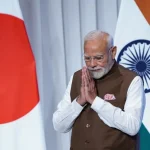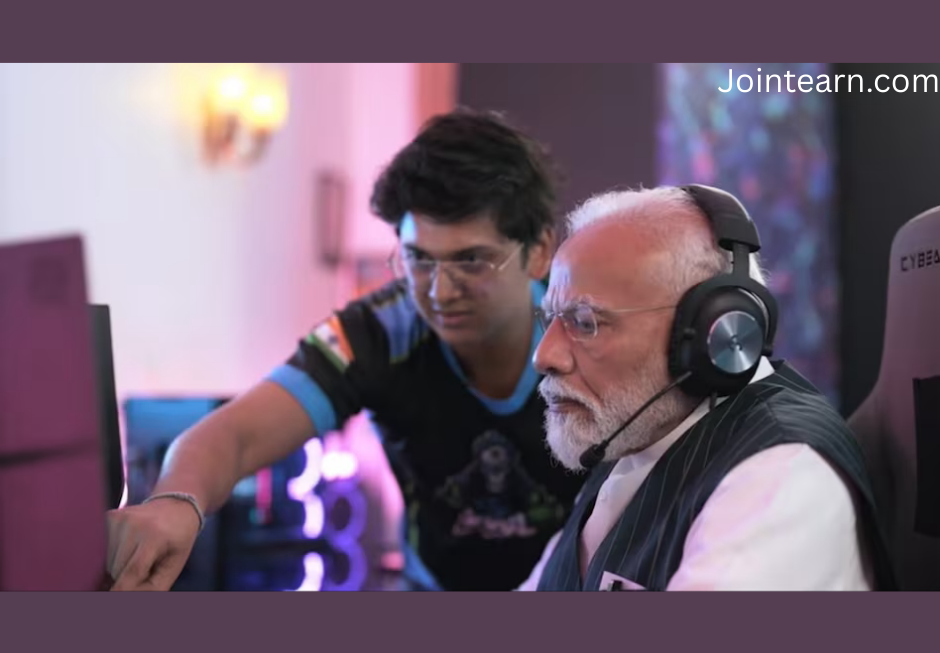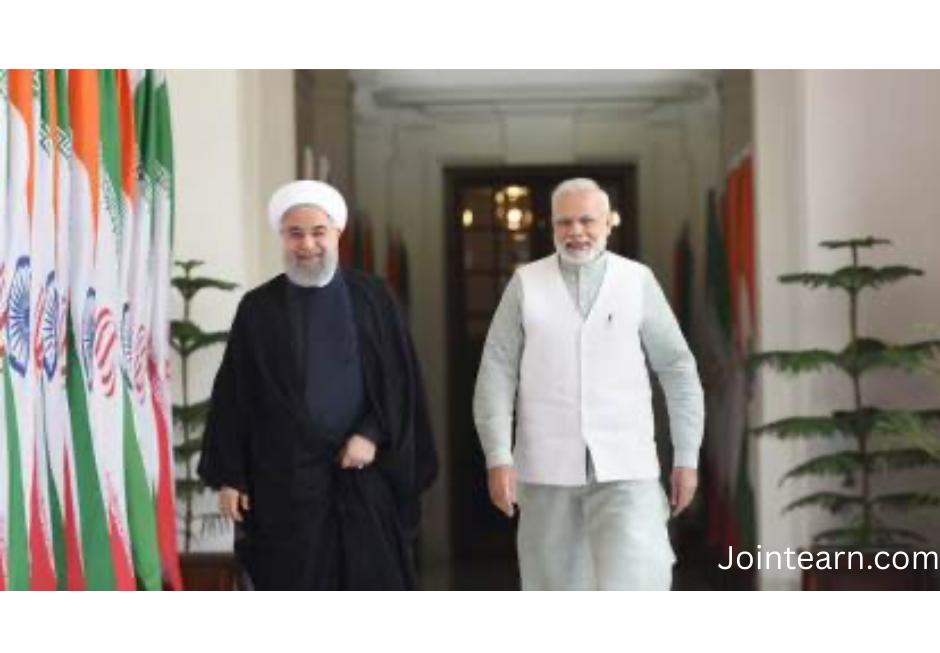A tragic incident unfolded on Thursday at Rajiv Gandhi University of Knowledge Technologies (RGUKT), Idupulapaya, in Andhra Pradesh’s YSR Kadapa district, where a 17-year-old student was found dead under circumstances suggesting suicide. Authorities suspect that a combination of personal and psychological factors, including mobile phone addiction and the recent death of his father, may have contributed to the extreme step.
The student, identified as Narasimha Naidu, was enrolled in the second year of the Pre-University Course (PUC) at IIIT-RK Valley, Idupulapaya. According to university officials, Narasimha was attending a programme on campus when he allegedly hanged himself in a bathroom within the institution’s premises. Hailing from Fareedpet in Etcherla mandal of Srikakulam district, he was described by peers as a quiet and diligent student, though he reportedly struggled with personal challenges following the loss of his father.
RGUKT authorities promptly informed the family of the incident, and the police were called in to investigate. Narasimha’s body was shifted to a government hospital in Vempalle, where an autopsy is being conducted to determine the exact cause of death. A case has been officially registered, and the local police are conducting a detailed inquiry, including interviews with university staff, classmates, and family members, to gather a complete understanding of the circumstances leading to the tragedy.
Preliminary reports suggest that Narasimha may have been struggling with excessive mobile phone use, which is increasingly recognized as a significant factor in psychological stress among young adults. Experts note that addiction to mobile devices and online content can contribute to anxiety, isolation, and depression, particularly when combined with grief or other personal crises. In Narasimha’s case, the recent death of his father is believed to have deepened his emotional vulnerability.
The university administration has expressed deep sorrow over the incident and has pledged full cooperation with the investigation. RGUKT officials are also emphasizing the importance of mental health support on campus, noting that counselling services and peer-support systems are available to students facing emotional or academic difficulties.
Narasimha’s death highlights a growing concern in India regarding the mental health of adolescents and young adults, especially in institutional settings. Psychologists and educators are increasingly stressing the need for early intervention, open communication between students and caregivers, and guidance on responsible use of digital devices. Family members, teachers, and peers play a crucial role in recognizing warning signs such as withdrawal, mood changes, and obsessive engagement with mobile phones or games.
Authorities and mental health professionals are urging students to seek help if they feel overwhelmed and are advocating for more robust awareness programs to address depression, grief, and digital addiction. Experts also recommend that families maintain supportive environments where children can openly discuss emotional challenges, grief, and academic pressures.
The local police continue to investigate the case thoroughly, examining all possible factors, including the student’s mental health, recent family events, and social interactions. As part of their inquiry, officials are coordinating with the university administration and Narasimha’s family to ensure a complete understanding of the incident and to prevent similar tragedies in the future.
This incident serves as a somber reminder of the pressures faced by young adults today and underscores the urgent need for awareness, mental health support, and responsible use of technology to safeguard the well-being of students across the country.











